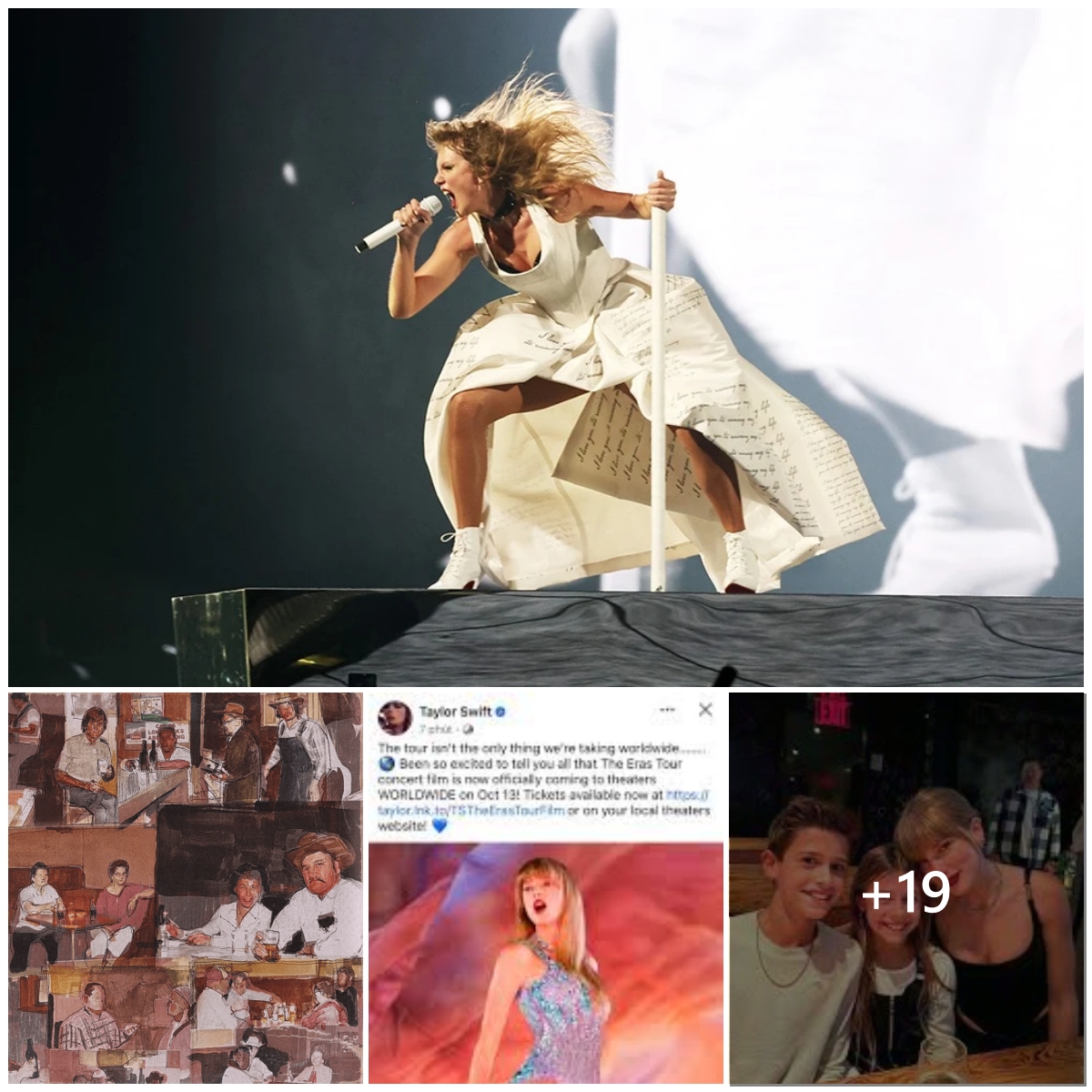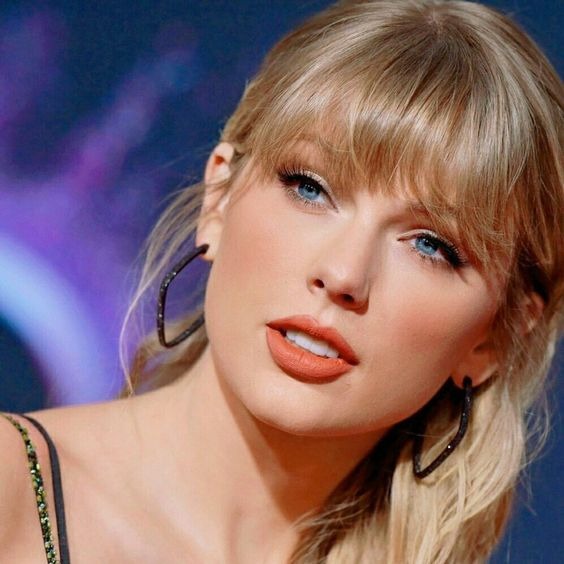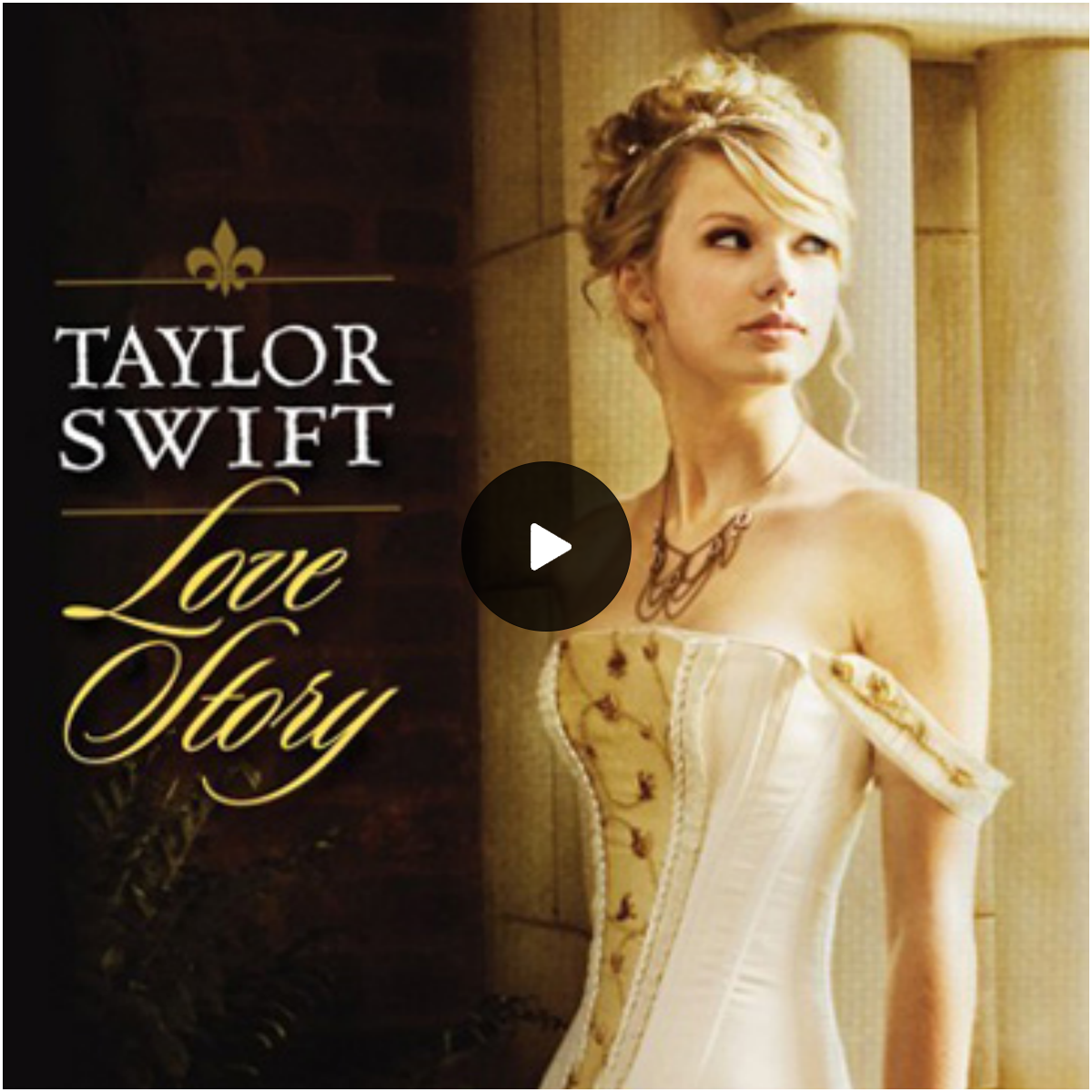Online ticket buyers for concerts, sporting events and other live events in Minnesota will no longer have to worry about buying counterfeit tickets, as the “Taylor Swift bill” was just passed by Governor Tim Walz signed it into law last week.
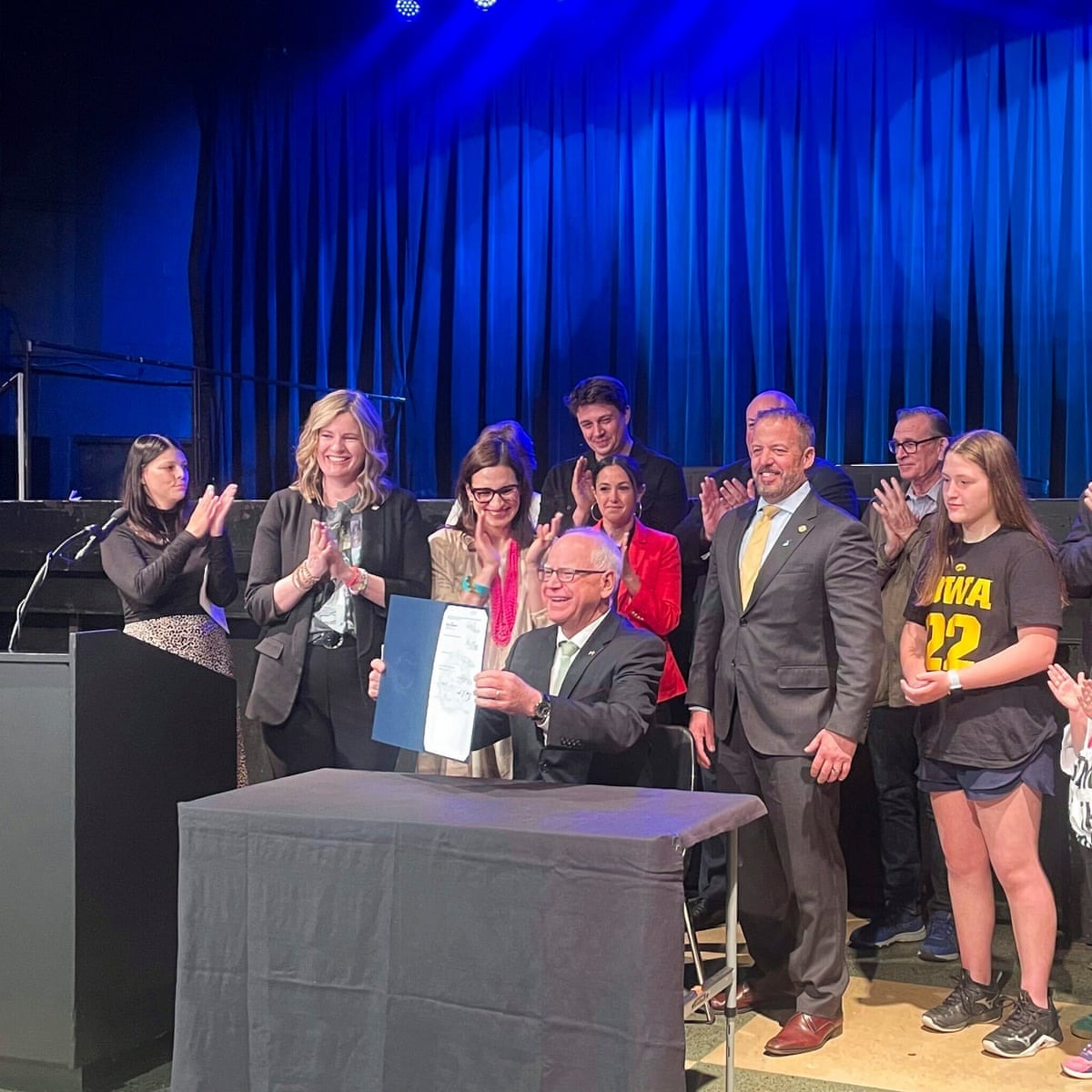
The official name of this law is House File 1989 – which contains the year of birth as well as the title of an album from Taylor Swift. The executive order signing was held at the famous First Avenue theater, which has witnessed many performances by music legends, such as Prince.
Representative of the Democratic Party in the House of Representatives – Kelly Moller – the main author of the bill, said: “Never in my wildest dreams did I believe that House File bill 1989 would pass. at First Avenue”. The congresswoman’s motivation for introducing the bill comes from personal experience, when Moller was also among the thousands of people stranded because Ticketmaster’s system was overloaded in 2022.
It is known that the above event took place in the context of a huge demand for tickets to Taylor Swift’s The Eras Tour concerts. Accordingly, many of the female singer’s fans could not buy tickets, leading them to have to buy “exorbitantly” expensive black market tickets, many of which were fake. The above situation led to congressional hearings, but the federal law was not passed,
Supporters of Minnesota’s new law say the state, along with Maryland, is one of the few states to include ticket purchaser protections in law.
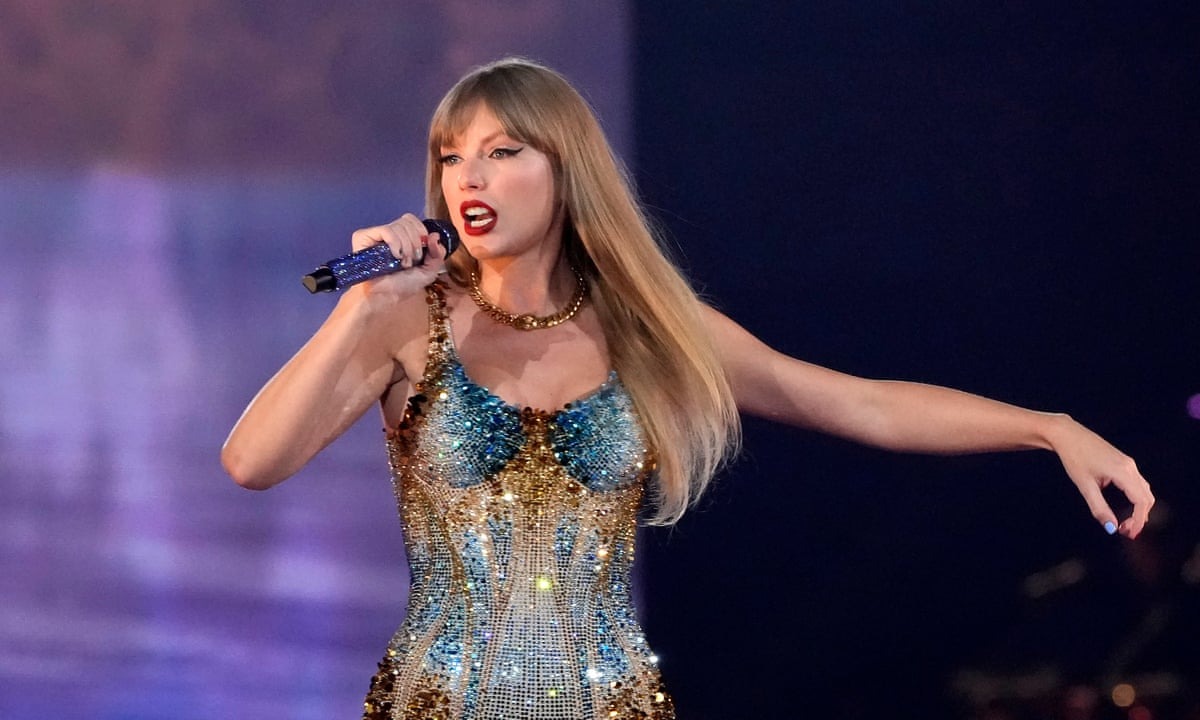
Jessica Roey, a spokeswoman for StubHub, a well-known American ticket exchange and resale company, said in an email: “StubHub has long advocated for laws that protect fans from fraud.” We share the goals of House File 1989 and look forward to continuing discussions with policymakers to promote greater transparency and control. control and more options for ticket buyers”.
Ticketmaster did not immediately respond to a request for comment on Minnesota’s new bill. Taylor Swift’s media team also did not respond when requested.
Adrianna Korich, director of ticket sales at First Avenue, said she supports the new regulations. She shared that fans are sometimes tricked into paying 10 times the face value of tickets by scam websites and resellers who don’t even own them.
The bill takes effect from January 1, 2025 and applies to tickets sold from that date.


